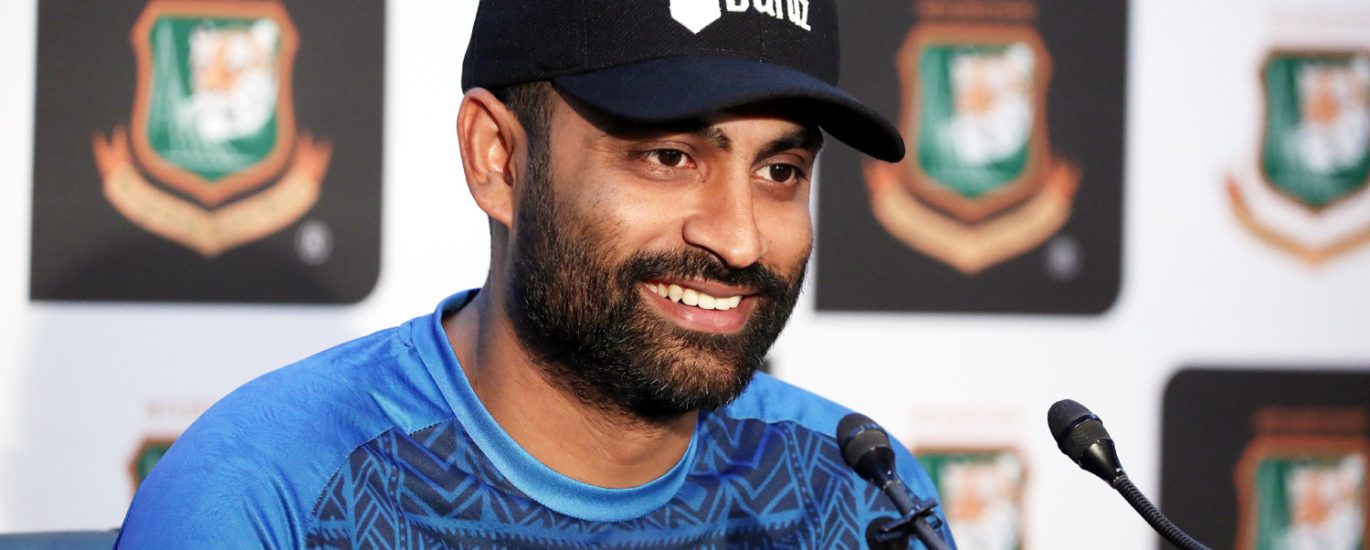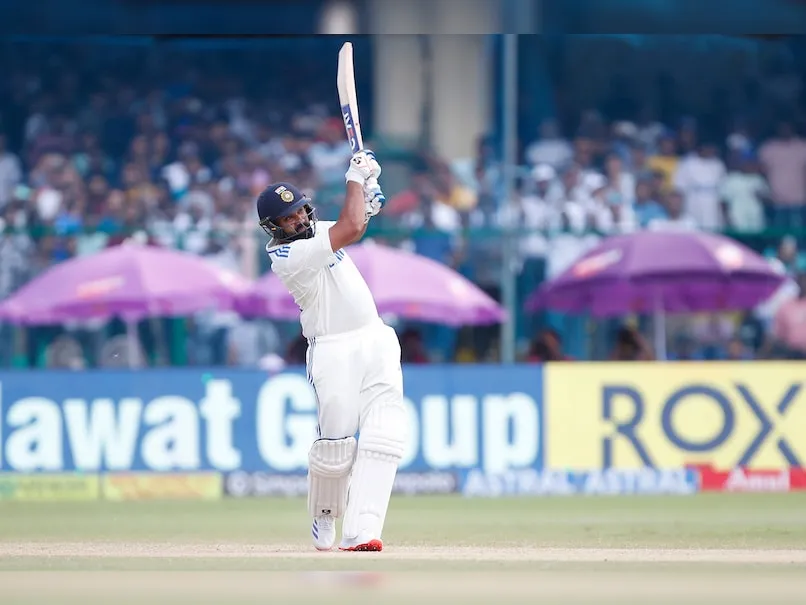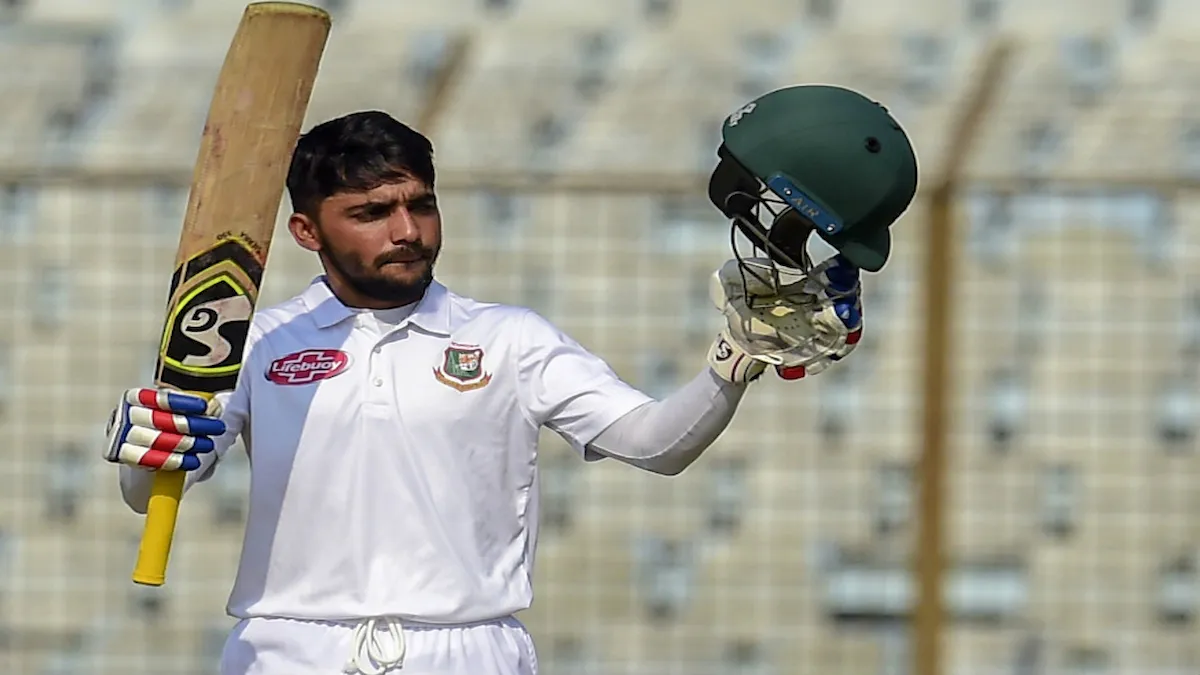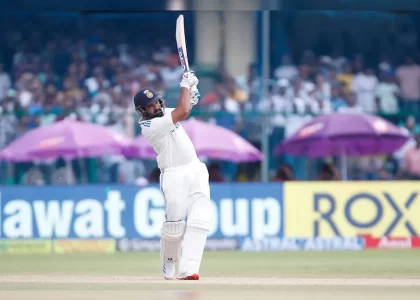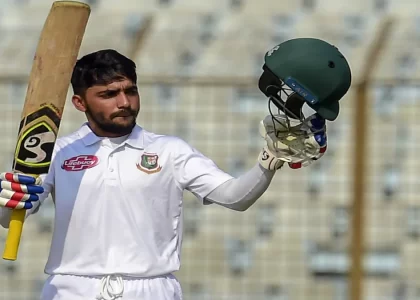In a candid interview, Tamim Iqbal opens up about the challenges he has faced in recent years, his vision for Bangladesh cricket, and his personal experiences with the sport’s administration. As one of Bangladesh’s most celebrated cricketers, Tamim found himself in a complicated position after being dropped from the ODI World Cup squad. Despite these setbacks, his passion for the game remains intact, and he is considering his future in cricket, including a potential return in the Bangladesh Premier League.
The Emotional Toll of Retirement
Tamim explains that his decision to retire in 2023 was not an emotional outburst, as many assumed. Rather, it was the result of a long period of internal and external tensions. He had planned to continue until the Champions Trophy before reevaluating his career. However, he felt the circumstances surrounding his departure were deeply troubling. As captain, Tamim had led Bangladesh successfully and performed well as a batter, which made his sudden decision to retire even more perplexing. His frustration stemmed from a lack of unity and understanding within the team and management.
Tamim stated, “I’ve played for Bangladesh for 17 years, but I had never witnessed anything like what I saw during that time. It was this experience that ultimately pushed me to announce my retirement.” He did not blame specific individuals but hinted that more than one person played a part in his decision to step away. This period, he said, left a lasting impact on him, shaping his views on leadership, team dynamics, and the future of cricket in Bangladesh.
Relationship with Shakib Al Hasan
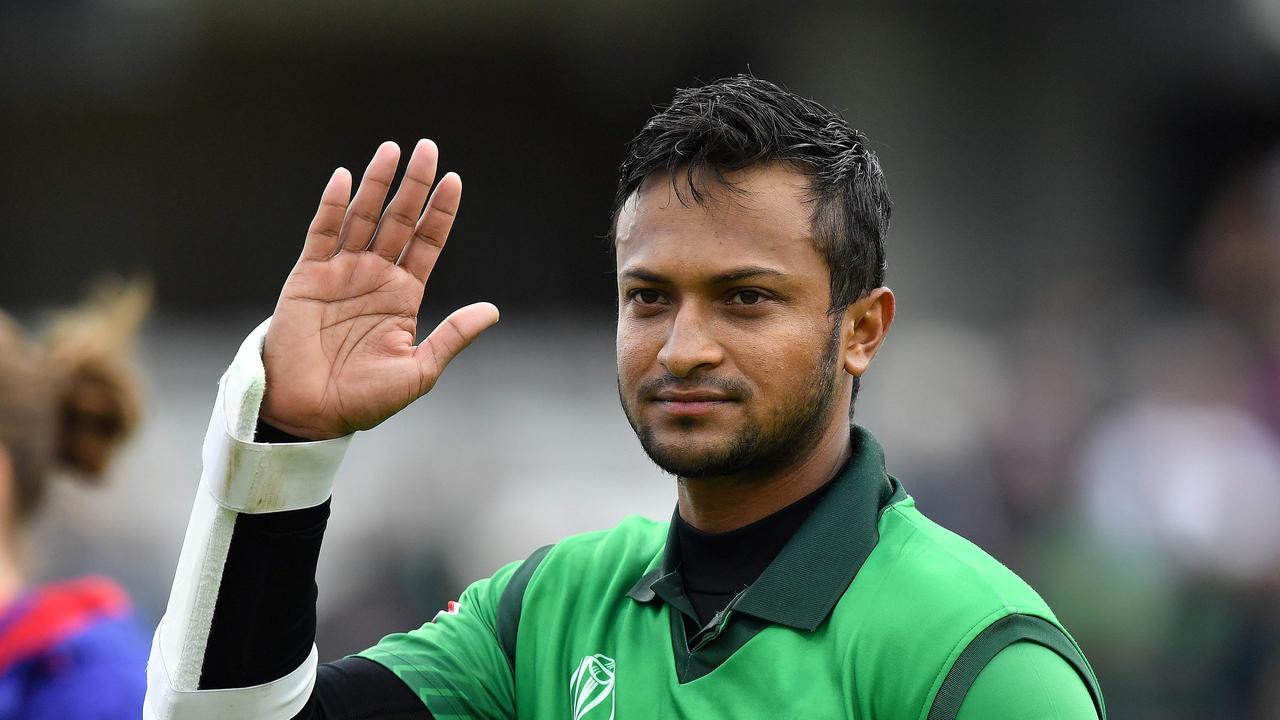
Tamim’s relationship with Shakib Al Hasan has been the subject of intense media scrutiny, particularly after his exclusion from the 2023 ODI World Cup squad. While their relationship has had its ups and downs, Tamim expressed great respect for Shakib’s contributions to Bangladesh cricket. He acknowledged that had their relationship not soured, it could have been a significant boost for the team’s overall performance. “If our relationship had lasted longer, it could have been a game-changer for Bangladesh cricket,” he said, reflecting on the impact that unity between senior players could have had on the team’s success.
Leadership and the State of Bangladesh Cricket
Tamim also commented on the broader state of Bangladesh cricket, criticizing the lack of infrastructure development and vision from the Bangladesh Cricket Board (BCB). Despite the team’s 24 years in Test cricket, Bangladesh still finds itself struggling to make consistent progress. He expressed disappointment that Bangladesh continues to discuss “improvement” after so many years, calling it an “unpleasant” reality.
One of his biggest criticisms was directed toward the BCB’s failure to reinvest in facilities and the game’s growth. He mentioned that despite having significant funds, the board has not created any new training facilities in Dhaka since he made his debut in 2007. According to Tamim, this lack of infrastructure investment has hindered the development of new talent and the overall progress of the team. “The funniest thing is that when the BCB claims to have Rs 1200 crore in its bank account, it feels like a slap in the face. There shouldn’t be 1200 crore sitting idle; there should be 200 crore in the account, and the remaining 1000 should be invested in developing infrastructure,” he remarked.
Vision for Bangladesh Cricket
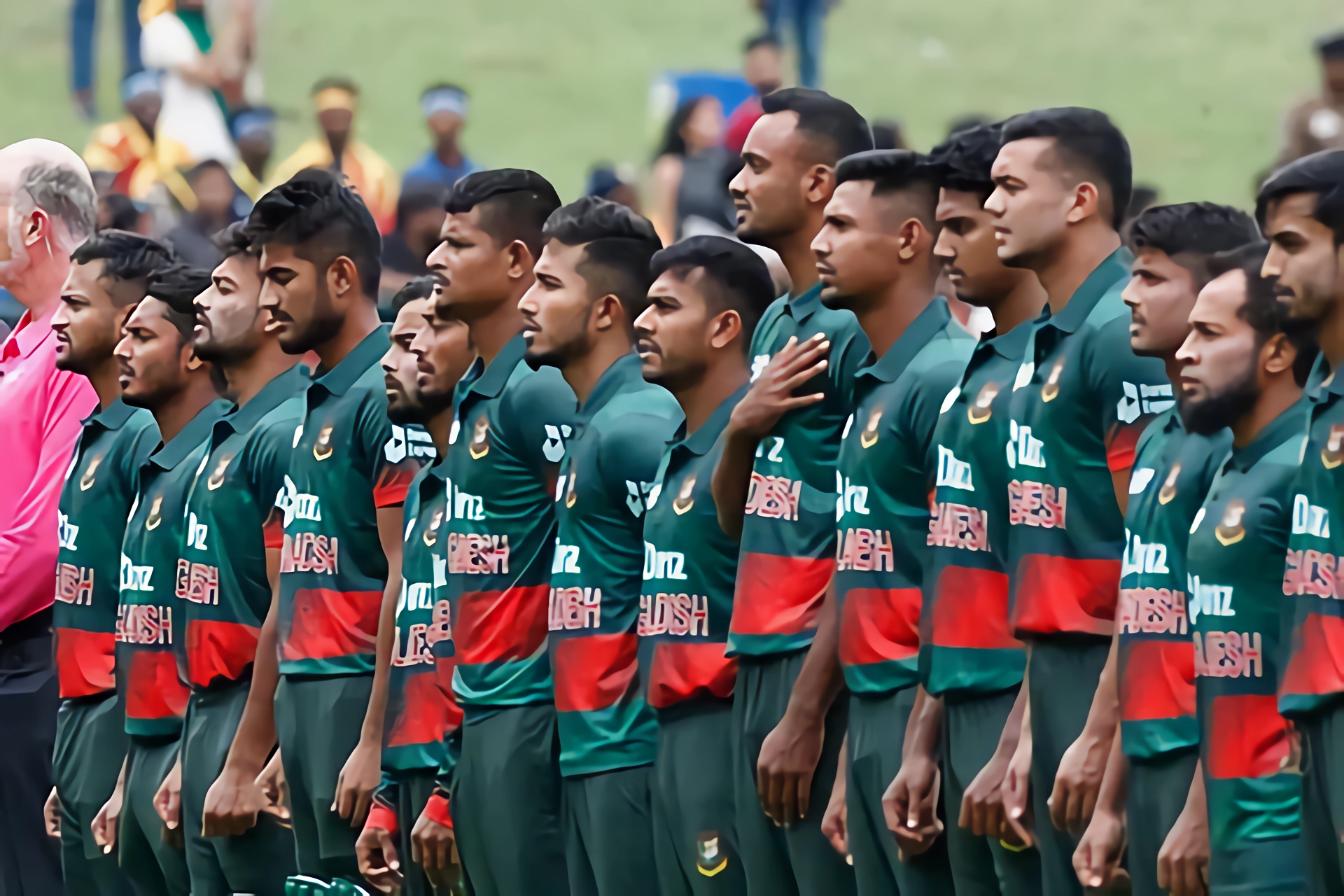
Tamim believes that for Bangladesh to reach its potential, the leadership must take a more visionary approach. He highlighted the importance of appointing a head coach who truly understands Bangladesh cricket and is willing to put in the hard work behind the scenes. According to Tamim, the BCB should stop focusing on “big names” and instead look for coaches who can add value to the team. He cited India’s success under the leadership of former cricketers in coaching roles, pointing to figures like Ryan ten Doeschate and Abhishek Nayar, who have contributed significantly without being “big names” in world cricket.
In his view, for Bangladesh to consistently perform at the international level, especially in Test cricket, the board and management need to focus more on long-term planning, player development, and infrastructure improvements. He stressed that while Bangladesh has made strides in ODI and T20 formats, red-ball cricket still requires significant attention. “In red-ball cricket, there is still a lot to be done. After playing Test cricket for 24 years, the fact that we still talk about improvement is not a pleasant situation,” he admitted.
Looking Ahead
When asked about his future plans, Tamim left the door open for a return to international cricket but only if there is a clear purpose and plan in place. He said that if the BCB approaches him with a solid strategy, aimed at significant milestones such as winning the Champions Trophy or reaching the semifinals, he would consider coming back. “If there’s a proper plan in place regarding what they want to achieve, then I can consider it and we can have a discussion,” he said, adding that a mere participation in a few matches would not justify his return.
As for his next steps, Tamim is preparing for a return to the Bangladesh Premier League, but he remains cautious about making any commitments to international cricket. He emphasized that any comeback would require not just the backing of the board, but also the support and cooperation of his teammates.
Tamim’s insights into his career and the state of Bangladesh cricket reveal a man deeply passionate about the game but frustrated by the system. His hopes for the future rest on a more unified, visionary approach that prioritizes development over short-term gains. Whether or not he returns to the national team, Tamim’s legacy as one of Bangladesh’s finest cricketers is already well established. His vision for the future of the game in his country offers a roadmap for the next generation of cricketers and administrators alike.


